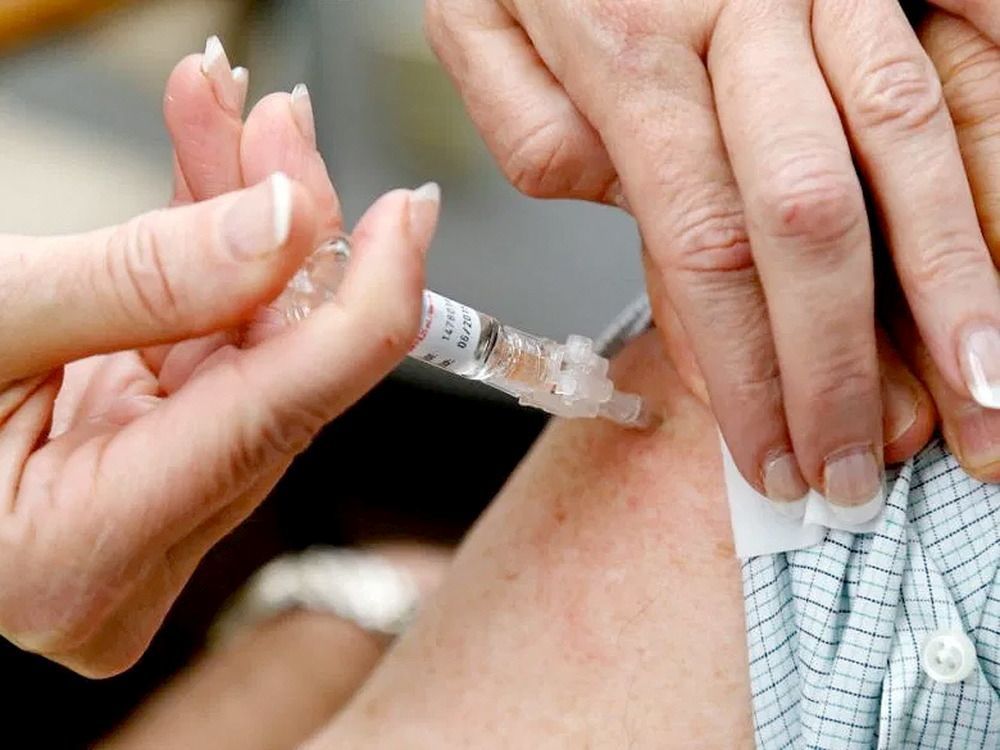By Nancy Lapid
(Reuters) – The following is a roundup of some of the latest scientific studies on the novel coronavirus and efforts to find treatments and vaccines for COVID-19, the illness caused by the virus.
The COVID-19 vaccine from Moderna Inc protects against the new virus variants found in Britain and South Africa, researchers reported on Monday on bioRxiv ahead of peer review. They found no reduction in the effect of vaccine-induced antibodies on the UK variant. They did see significantly reduced effectiveness of the antibodies on the South Africa variant, although Moderna still believes its two-dose vaccine will provide protection. The company said it will test a new booster shot aimed at the South Africa variant that could be made available if necessary. Dr. Paul Offit of the University of Pennsylvania, a member of the U.S. Food and Drug Administration’s vaccine advisory panel, said he was only mildly concerned that the vaccine would not protect against the variants. “It is a little worrisome that you see a lesser neutralizing antibody response,” he said, but even these lower levels may still be enough to protect against serious infections. “The goal of this vaccine is to keep you out of the hospital and to keep you out of the morgue. If you get a symptomatic infection or mildly symptomatic infection that is not a burden to the healthcare system,” Offit said. (https://bit.ly/3ocFUBD; https://reut.rs/2Mj0Z06)
Full-dose blood thinners help keep patients off ventilators
A trio of trials has found that giving full-dose blood thinning treatments to moderately ill patients hospitalized for COVID-19 reduced their need for vital organ support, such as mechanical ventilation, the U.S. National Institutes of Health (NIH) announced on Friday. Blood clotting is a serious problem in COVID-19. The three trials, conducted at more than 300 hospitals on four continents, tested whether there is a greater benefit to administering a full dose of the blood thinner heparin compared to the lower dose typically used to prevent blood clots in hospitalized patients. In December, the researchers reported that the higher dose was harmful in patients already on life support. The new data show “that when we give higher doses of blood thinners to patients who are not already critically ill, it is beneficial and should become standard of care,” study leader Matthew Neal of the University of Pittsburgh said in a statement. The researchers said the cheap, readily available treatment could help reduce the burden on intensive care units. The trials also suggest a possible survival benefit with full-dose heparin in patients not yet on life support, but that needs further study, the NIH said. The agency has not released the complete study data. (https://bit.ly/39j1BMp)
Lifetime smoking history linked with COVID-19 death risk
Former smokers who have quit still face higher risks from COVID-19 than never-smokers, a new study shows. Researchers at the Cleveland Clinic Health System in Ohio and Florida studied 7,102 COVID-19 patients, including 6,020 never smokers, 910 former smokers, and 172 current smokers. The risk of hospitalization and death went up with the cumulative amount patients had ever smoked and the increases in risk were similar for current smokers and former smokers, researchers found. Those who had smoked the most – the equivalent of a pack a day for 30 years, or two packs a day for at least 15 years – had 2.25 times higher odds of hospitalization and were 89% more likely to die following a COVID-19 diagnosis when compared with never smokers, the researchers reported on Monday in JAMA Internal Medicine. Lifetime tobacco smoking history is therefore linked with risk for hospital admission and death from COVID-19, the research team concluded, adding that illnesses typically linked with smoking, like heart and lung diseases, probably contributed to those poorer outcomes. (https://bit.ly/3caMeHu)
One-in-three with COVID-19 may not know it
At least one third of people infected with the highly contagious coronavirus may not realize it, a new report warns. Some of them are “presymptomatic,” meaning they have no symptoms but will eventually develop them. Others will remain asymptomatic for the duration of their infection. “Infection without symptoms … is important because infected persons can transmit the virus to others even if they have no symptoms,” the researchers said on Friday in Annals of Internal Medicine. They analyzed data from 43 studies that used gold-standard PCR testing to diagnose COVID-19 and 18 that used antibody testing to look for evidence of previous infection. These studies “provide compelling evidence that the asymptomatic fraction of SARS-CoV-2 infection is sizable,” they said. The researchers called for new strategies to control the spread of the virus, such as “inexpensive, rapid home tests to identify and contain presymptomatic or asymptomatic cases, along with government programs that provide financial assistance and, if necessary, housing to enable infected persons to isolate themselves.” It will be important to know whether vaccines are preventing asymptomatic infections, they said. (https://bit.ly/3oiHFNG)
Open https://tmsnrt.rs/3c7R3Bl in an external browser for a Reuters graphic on vaccines in development.
(Reporting by Nancy Lapid, Manas Mishra and Caroline Humer; Editing by Bill Berkrot)
Related























